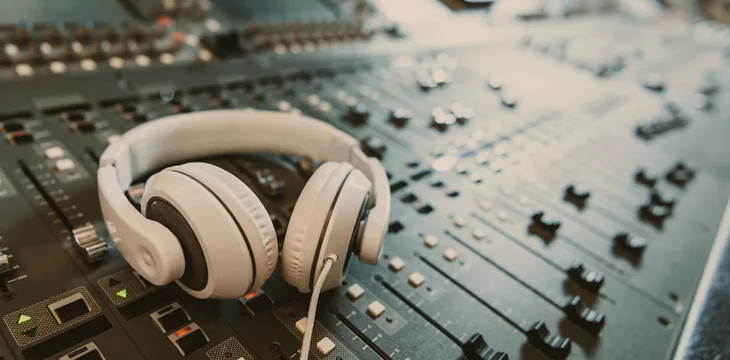Blockchain applications in music explored in South Korean study

A pair of South Korean researchers are exploring the intersection of blockchain technology and music in a new study assessing use cases and impacts for consumers and artists.
Yujun Park and Seongcheol Kim said that while artists may perceive blockchain as a new revenue stream, opinions vary over the long-term future of the emerging technology in music.
Their preliminary study hinges on interviews with 16 South Korean-based artists on the impact of blockchain in the industry. Results from the preliminary study show that most respondents disclosed that blockchain offers new revenue streams through non-fungible tokens (NFTs) and decentralized finance (DeFi) applications.
A cross-section of artists point to decentralized autonomous organizations (DAOs) as a key tool in organizing fanbases without a central authority.
The surveyed musicians pointed to the utility of blockchain in protecting copyrights and the intellectual property (IP) of artists. Experts have advanced theories of using blockchain to stifle AI firms’ illegal use of copyrighted materials to train their large language models (LLMs).
However, the paper goes on to explore several flaws associated with integrating blockchain into mainstream music. The first challenge is a concern expressed by the artists over the long-term prospects and the perception of reality.
“While artists perceived blockchain as an opportunity to discover a new era in the music industry, they were also skeptical towards the near future due to the recognition of the reality,” researchers explained.
Other concerns explored in the paper include the difficulty of blockchain-based music platforms breaking into the mainstream, given the stiff competition from industry behemoths.
South Korea’s welcoming stance on blockchain has put it at the top of the pile with myriad applications in health, finance, tourism, and supply chain.
Emerging technologies are changing the face of music
Blockchain is not the only emerging technology gaining a foothold in music, with artificial intelligence (AI) leaving its print in the industry. Since 2023, there has been a spike in the number of AI-generated songs mimicking the style and voices of original artists.
However, the technological leap has brought numerous copyright violations. One report disclosed that most musicians would conceal the use of AI in their music over fears of a backlash from their fanbase despite the widespread use of AI tools in the ecosystem.





